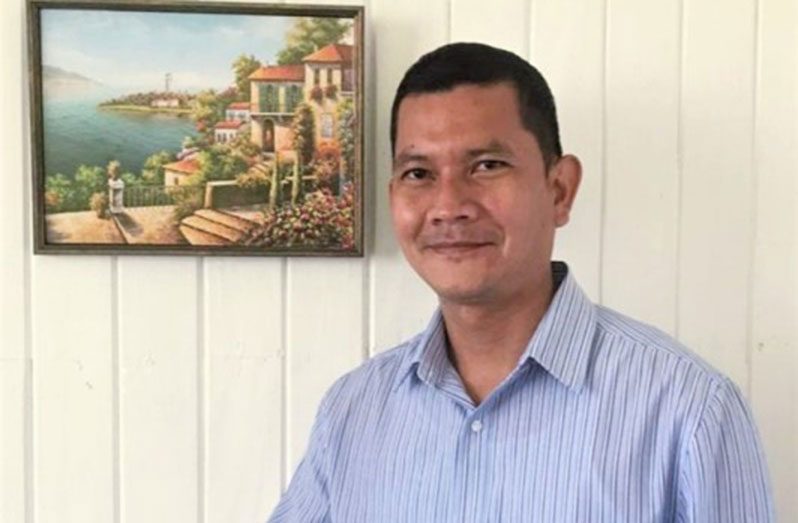THE Port Kaituma Secondary School in Region One, and the St. Ignatius Secondary School in Region Nine have been identified by the Ministry of Education (MoE) to become senior secondary schools, and to offer Caribbean Advanced Proficiency Examinations (CAPE) subjects.
It has not yet been confirmed whether the schools will be ready by the end of the year, but the process to get them ready for this additional level, including the sourcing of the necessary human resources, has already begun.
“The aim is to make it possible in 2022; it might take longer, but we are working on having them onboard by this year,” said Deputy Chief Education Officer (DCEO) for Amerindian and Hinterland Development Marti DeSouza.
He told the Guyana Chronicle in a recent interview, “A number of administrative matters are being sorted out before we implement, but these two schools are the CAPE hopeful schools.
“Based on assessments done so far, we are looking at offering Business and Science subjects. We have to look closer at the possibilities, however, including the availability of adequate human and other resources.”

He noted that the new development will mean a lot for hinterland students who wish to pursue higher education. Currently, there are no secondary schools in any of the hinterland regions offering CAPE subjects to students. This means that those desirous of pursuing this level of secondary education must relocate to the coastland to attend school.
“Bringing the programme to them would make it easily accessible, and definitely bode well for the children in these two hinterland regions. Not many children are exposed to CAPE in the hinterland, only a few would make the sacrifice of moving on to a school that offers the programme out on the coastland. But there are children that exit the regular secondary schools with a number of subjects but because of a host of other issues, they cannot do a CAPE programme,” DeSouza said,
This move will be the latest in a slew of measures being implemented to bridge education inequality between the hinterland and coastland students. It is something that students in particular would look forward to seeing become a reality.
“It would greatly benefit the students who would like to do CAPE, but lack the necessary means to attend schools out of the region. More students would have the opportunity to further their education with minimal obstacles,” said former Santa Rosa Secondary School’s Reah Henry, who was the top student for Region One (Barima-Waini) at the 2021 CSEC examination.

Henry, who secured six Grade Ones, four Grade Twos, and two Grade Threes is looking forward to this and other educational developments coming to the hinterland region, given how restrictive academic opportunities are for students such as herself.
An aspiring surgeon, Henry knows all too well the hurdles hinterland students face in needing to travel to the coastland to further their education. She told this publication that she is currently facing her own share of difficulties in getting a university education.
“I had planned to attend the University of Guyana [UG] in January, but due to current circumstances and lack of financial resources, I wasn’t able to achieve that goal, but I am still hoping to secure a scholarship, and start attending in September of this year, as I am hopeful of pursuing studies in medicine,” she explained.
Meanwhile, 16-year-old Akima D’Aguiar, who was the top hinterland student at the 2021 CSEC, also shared her views on what the offering of the CAPE programme in the hinterland means for her community, and other students like herself.
“I know lots of hinterland students want to further their studies, but they just can’t get the means of accessing it, with having to travel to Georgetown for that. So, with the students having a hard time accessing tertiary level education, being able to access CAPE will be very beneficial to them,” the former St. Ignatius Secondary School student said.
D’Aguaiar, who secured 12 Grade Ones and two Grade Twos, is currently pursuing an Associate’s Degree in Civil Engineering at UG, and wants to see fellow hinterland residents accessing the same opportunities as those living in other parts of the country.












